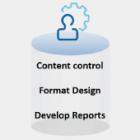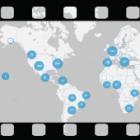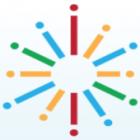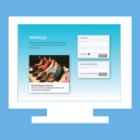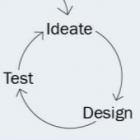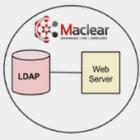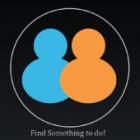
Hear Rite
Approximately 17 percent of American adults report some degree of hearing loss. Such hearing problems can lead to frustrations and inconveniences in everyday life while listening to or communicating with others. Our team has created a free mobile application, Hear Rite, which diagnoses hearing impairments and provides an economical alternative to costly hearing aids. The first segment of our application takes the user through a hearing assessment, analyzes the user’s hearing capacity and provides feedback on their results. The second part of our application functions as a hearing aid, filtering out undesired pitches and tones while adjusting sound output using a built-in equalizer. The hearing aid utilizes the hearing test results to provide a custom tailored hearing aid to the user along with presets that cater to general sound environments, such as a private conversation or a large lecture hall. Through a series of user studies, we have shown that Hear Rite could be a cost-free alternative hearing aid for people with simple hearing impairment.

